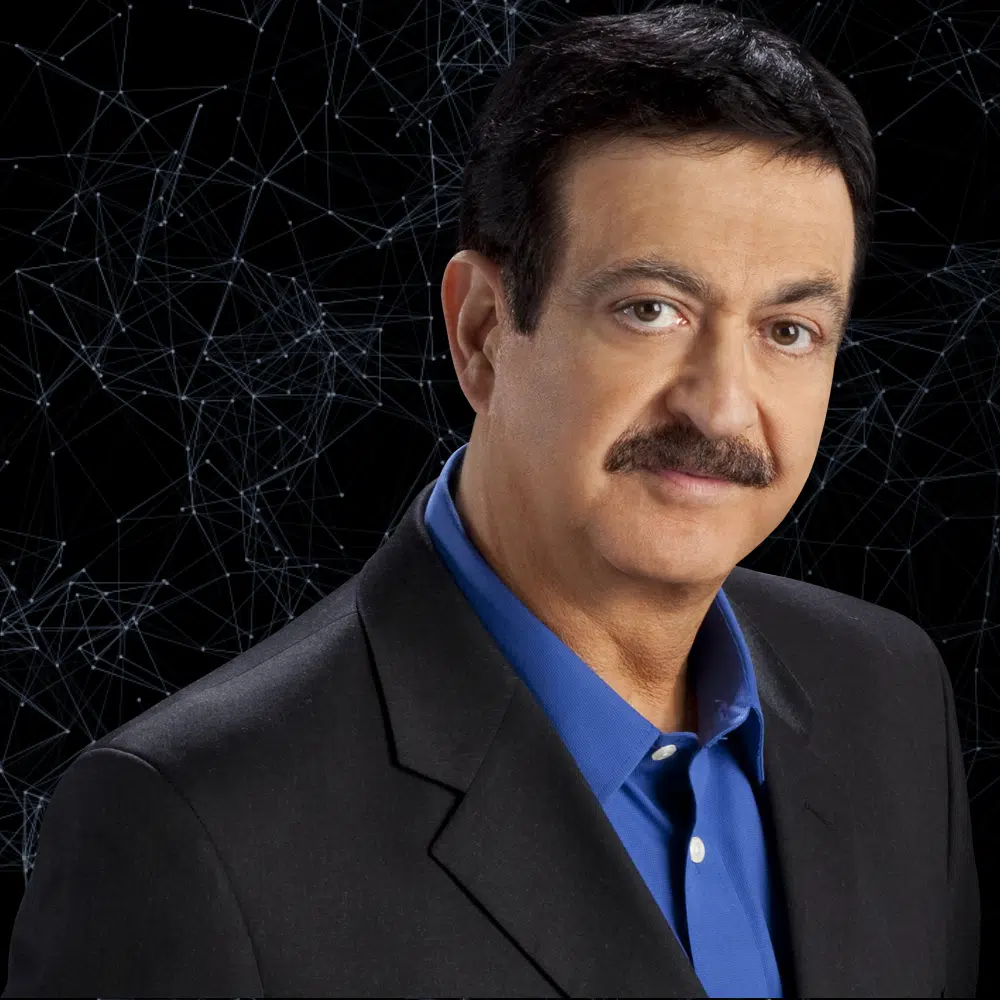By Luiza Ilie
BUCHAREST (Reuters) – George Simion, Romania’s youngest presidential candidate, admires U.S. President-elect Donald Trump and would stop military aid to Ukraine, while his vocal anti-Brussels rhetoric chimes with that of Hungary’s Viktor Orban.
Simion, who opposes Holocaust education and gay marriage, and wants to reunite Romania with its pre-World War Two territories, leads the hard-right Alliance for Uniting Romanians party and could make it to the run-off in a presidential election that starts on Sunday.
He has cast the two-round vote as a choice between entrenched politicians beholden to foreign interests and himself, an outsider, who will revive Romania’s economy.
“I have been called a spy, a traitor, pro-Russian, just like U.S. President Donald Trump,” Simion told supporters waving AUR’s yellow flags in the central Romanian town of Targoviste on Tuesday.
“These are labels that a desperate political class has stuck on me. They want to distract from the real issues, the missing roads, the lost jobs, the poverty they have created.”
Simion, who is only 38, has seen his five-year old party go from a fringe anti-vaccination group during the Covid-19 pandemic into Romania’s leading opposition force, appealing to the working class diaspora, young voters and building on popular discontent with mainstream politicians.
An adept user of social media, his TikTok channel has 10 million likes.
He says he is not pro-Russian, calling President Vladimir Putin a war criminal, and supports Romania’s European Union member status, though he condemns what he called a “greedy, corrupt bubble” in Brussels.
“We won’t be sending military aid to Ukraine, and this doesn’t make us pro-Russian,” Simion told foreign media in capital Bucharest on Wednesday.
“We are for peace, and we are hoping that peace will be found through the efforts of President-elect Trump.”
FOREIGN POLICY
Opinion polls show leftist Prime Minister Marcel Ciolacu in first place ahead of Sunday’s vote, with Simion the most likely to join him in the run-off on Dec. 8. Analysts say Ciolacu is the most likely winner of such a contest, banking on his pro-Western approach and appealing to moderates.
But they do not discount Simion, victory for whom could result in a sharp shift in Romania’s foreign policy, over which the semi-executive president has oversight, pushing it in the direction followed by Hungary or Poland’s former nationalist government, which frequently clashed with Brussels.
Though Simion’s hostile stance regarding a large ethnic Hungarian minority in Romania sets him apart from Orban, his policy agenda emphasising traditional Christian “family values” often resembles that of Hungary’s nationalist leader.
Simion dreams of restoring Romania’s pre-World War Two borders, which include areas now in Bulgaria, Moldova and Ukraine and has been declared persona non grata in the latter two.
Romania has been a strong ally to neighbouring Ukraine, helping export millions of tons of grain, training Ukrainian fighter pilots and donating a Patriot air defence battery.
Simion has vowed to stop further military aid, though he backs continued humanitarian and logistical support.
“I strongly condemn the Russian aggression,” he said. “I believe that Romania, being at the border with this war, should carefully retain for itself all the weapons systems which cost a lot of money and which are the unique guarantee for us for deterrence against the Kremlin. We are for peace.”
(Reporting by Luiza Ilie; Editing by Krisztina Than and Alex Richardson)




Comments